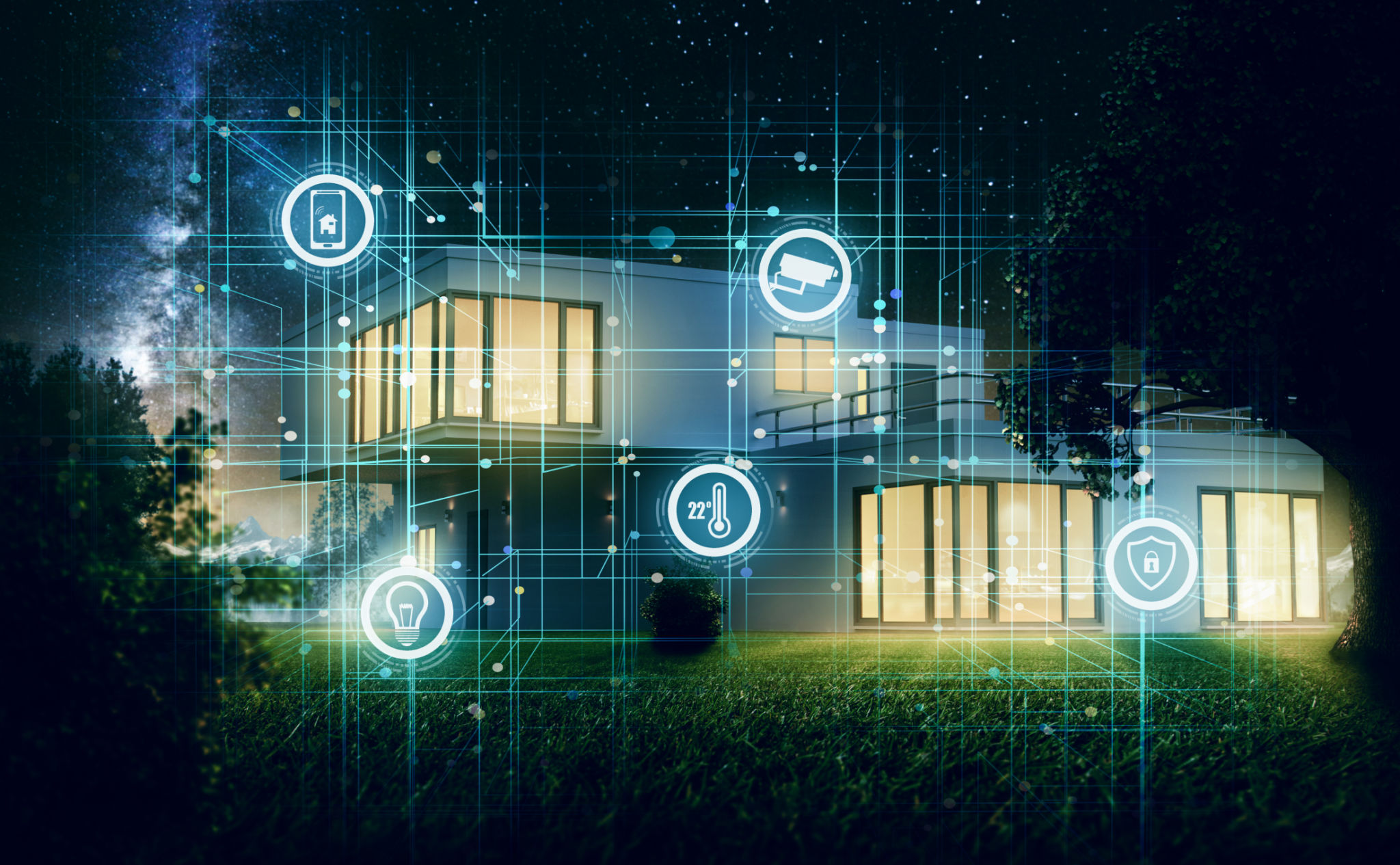The Future of Smart Electrical Systems in Modern Homes
Introduction to Smart Electrical Systems
As technology continues to advance at a rapid pace, the integration of smart electrical systems in modern homes is becoming increasingly prevalent. These systems not only enhance convenience but also contribute to energy efficiency and improved home security. With smart electrical systems, homeowners can control various aspects of their home environment remotely, offering unprecedented levels of flexibility and customization.
Smart electrical systems encompass a range of technologies, from lighting and thermostats to security cameras and appliances. By leveraging the power of the Internet of Things (IoT), these systems create a connected ecosystem within the home, allowing for seamless interaction between devices.

Energy Efficiency and Sustainability
One of the most significant benefits of smart electrical systems is their ability to improve energy efficiency. Smart thermostats, for example, learn from user behavior and automatically adjust temperatures to optimize energy consumption. This not only reduces utility bills but also minimizes the home's carbon footprint.
Additionally, smart lighting systems can be programmed to turn off when no one is in the room or adjust based on natural light availability. This feature ensures that lighting is used only when necessary, further contributing to energy savings.

The Role of Renewable Energy
The integration of renewable energy sources such as solar panels into smart electrical systems is another trend shaping the future of modern homes. These systems can manage the energy generated from renewable sources, storing it for use when needed or feeding it back to the grid. This not only promotes sustainability but also provides homeowners with greater energy independence.
Enhancing Home Security
Smart electrical systems play a crucial role in enhancing home security. With smart locks, security cameras, and motion sensors, homeowners can monitor their property in real-time from anywhere in the world. Alerts and notifications can be set up to notify homeowners of any unusual activity, providing peace of mind and a sense of security.
Moreover, integration with other smart devices allows for automated responses to security threats, such as locking doors or activating alarms when suspicious activity is detected.

Convenience and Lifestyle Improvements
The convenience of smart electrical systems extends beyond energy management and security. With voice-activated assistants and smartphone apps, controlling home devices has never been easier. From adjusting lighting and temperature to playing music or setting reminders, these systems are designed to enhance everyday living.
Furthermore, smart appliances like refrigerators that can track inventory or ovens that can be preheated remotely add an element of convenience that simplifies daily tasks and improves overall quality of life.
The Future Outlook
The future of smart electrical systems in modern homes looks promising, with ongoing advancements in technology paving the way for even more sophisticated solutions. As artificial intelligence continues to evolve, we can expect these systems to become even more intuitive and personalized, adapting seamlessly to the changing needs and preferences of homeowners.
In the coming years, we may see further integration with other smart city infrastructures, leading to more connected and efficient urban environments. The potential for innovation in this field is vast, promising a future where homes are not just places to live, but intelligent ecosystems that enhance all aspects of life.
